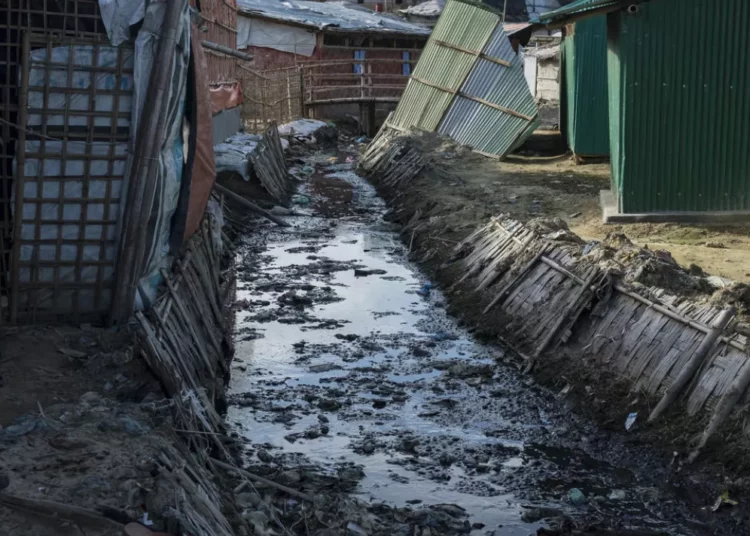An environmentalist, Professor Isah Muhammad, has called on northern states to explore the untapped potential of faecal sludge for energy production and agricultural use.
Speaking in an exclusive interview in Bauchi, Prof. Muhammad, a lecturer at the Department of Environmental Management Technology, Abubakar Tafawa Balewa University (ATBU), emphasised that improper disposal of faecal sludge was wasting valuable resources that could transform lives in the region.
Prof. Muhammad, also a member of the Bauchi State Climate Resilient Faecal Sludge Management Strategy Technical Committee, noted the vast economic opportunities embedded in faecal sludge management.
“Many households in the North see human waste as mere garbage, not realising its potential to produce alternative energy in the form of briquettes. This would reduce deforestation and help conserve the environment,” he said.
The professor explained that faecal sludge management operates along a value chain, from collection at latrines and septic tanks to transportation and eventual conversion into useful products.
These activities, he said, not only reduce waste but also create job opportunities for youths in the region, particularly through private sector involvement in sludge transportation and processing.
“In Bauchi, for instance, we have only one disposal site at Dungulbi, which manages the enormous quantity of faecal waste produced in the state,” Prof. Muhammad said.
He proposed converting the methane gas in human waste into energy that could be packaged and sold in cylinders, thereby creating another layer of economic value.
He further emphasised the importance of raising awareness about the untapped potential of faecal sludge, saying, “So long as people remain unaware, they will continue to see human faeces as mere waste. But properly harnessed, it can become a resource for renewable energy and improved farming practices.”
Prof. Muhammad’s appeal comes as deforestation, energy crises, and poor waste management continue to plague northern Nigeria. By adopting innovative faecal sludge management strategies, the region can unlock a sustainable source of income for farmers, conserve the environment, and create a renewable energy alternative to reduce dependence on firewood and charcoal.
Experts and policymakers in northern Nigeria were encouraged to explore these opportunities to boost economic growth, tackle environmental challenges, and enhance the livelihoods of rural households.





